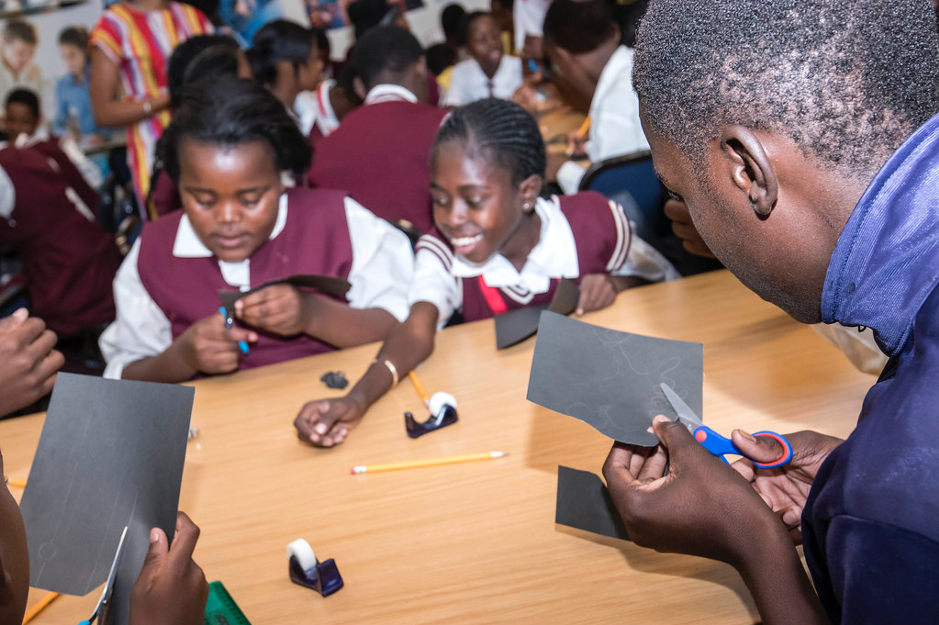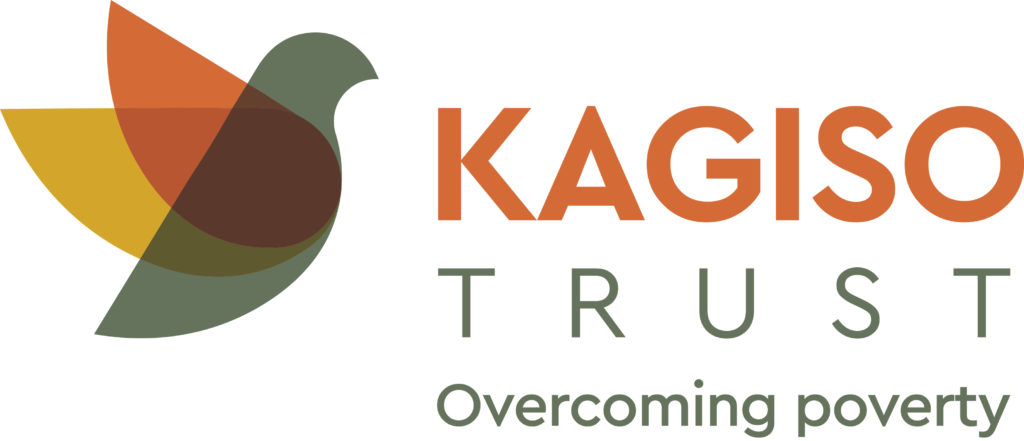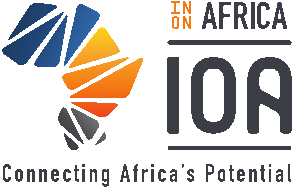Overcoming poverty through sustainable development programmes
By Kagiso Trust

Kagiso Trust is one of South Africa’s leading development agencies implementing programmes for ‘overcoming poverty’ for a just and equitable society. We promise transparency, action, delivery and measurable results for our social investment programmes in education development, socio-economic development and institutional capacity building. Over the past 33 years of our existence, our tried and tested development interventions have a track record of success. Together with our partners, we use our own investment dividends to fund programmes – on common vested interest – in socio-economic outcomes that improves standards of living of the previously disadvantaged communities.
Our Education Development Pillar covers all parts of the education pipeline to ensure that our programme interventions include Early Childhood Development (ECD), Basic Education, Higher Education and Exit Opportunities. By making the investment in ECD, we hope to increase the throughput rate as well as better learning outcomes for long-term economic impact and improved livelihoods.

Kagiso Trust’s education programmes were developed through finding synergy between education focused interventions and other development programmes that directly impact on the socio-economic life of communities in rural areas to address poverty. The Trust has built and delivered a model that takes a holistic approach to addressing issues in education that can be sustainable and replicated, with the involvement of both the communities and government as partners for sustainable development.
In 2007, Kagiso Trust embarked on an education programme implemented through a district whole school development (DWSD) education model. The programme was named after one of its founding trustees and luminary, Beyers Naudé. The Beyers Naudé School Development Programme (BNSDP) does not only focus on transforming education environment for learners and educators, but also the participation of communities and infrastructure within the schools. The core objective of the programme is to foster and create functional, vibrant, healthy, accountable and sustainable school communities that impact positively on the lives of learners in public schools, through effective partnerships at the school, district and at community levels. The DWSD education model’s elements are aligned to the nine areas of school functionality such as curriculum support, learner exit support and leadership development.
The DWSD education model views the school as a system and encourages an understanding of ‘the whole’ before beginning to understand the parts. The whole school development approach incorporates learnings from literature and the Trust’s own experience in education. The district whole school development approach was designed as a systematic, rewards-driven intervention, premised on the belief that a uniform approach and short-term interventions are not appropriate to turn around the performance of schools. It also focussed on increasing the capacity of school personnel as well as making available the resources needed to bring about transformation. From the outset, the BNSDP set key success measures to evaluate the achievements of the programme; being improved learner outcomes, adequate infrastructure, effective leadership and governance as well as community involvement.
To learn more about BNSDP or our organisation, visit https://www.kagiso.co.za/

Sharing is caring!
Help us spread the word about Voices Unite:


